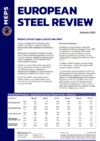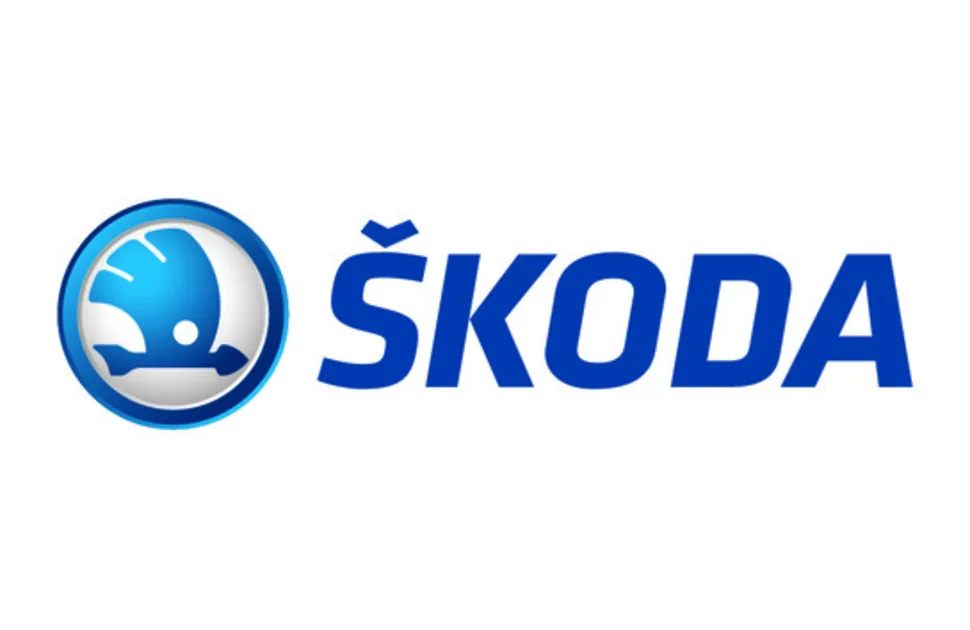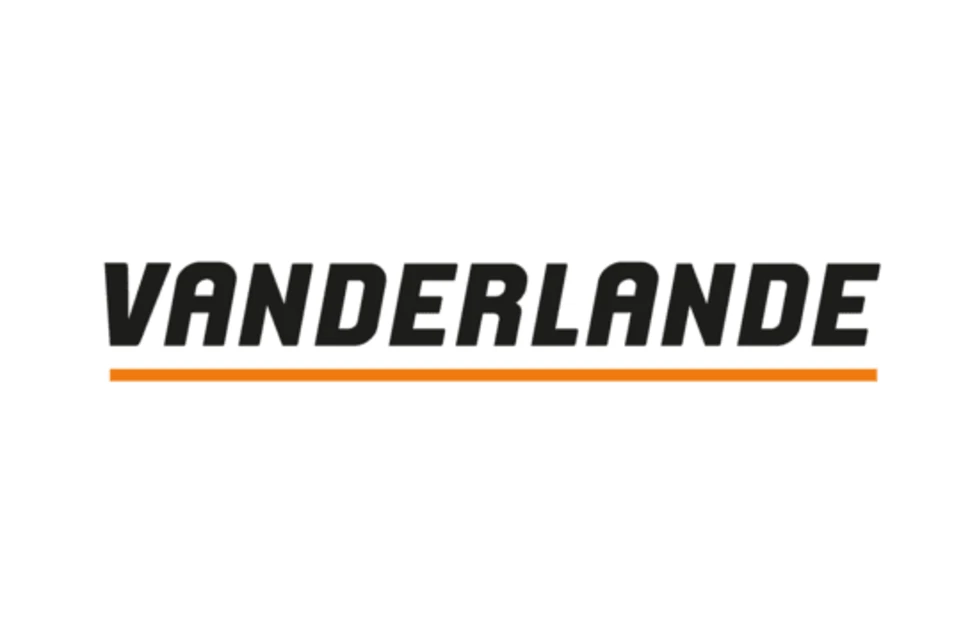MEPS debate: defending the UK’s steel industry
MEPS’s carbon steel market panel discussion at the UK Metals Expo was dominated by debate about the sustainability of domestic steelmaking amid falling demand and rising imports.
The benefits of increased trade defence measures to protect domestic steelmakers, and access to a diverse range of steel supply sources for the UK’s end-users, were debated by the panel hosted by MEPS head of price analysis and forecasts, Kaye Ayub.
Appearing in front of a large audience at the annual Expo event were: UK Steel director general Gareth Stace; Godfrey Watt, president of the International Steel Association (ISTA); Tata Steel UK commercial manager Nathan Lawrence; and All Steels Trading commercial director Tom McDougall.
Asked about the current levels of steel demand in the UK market, Lawrence said: “It feels like we’ve been in a nasty trough, now, since mid-2022. That said, it shouldn’t be a surprise to people that demand is weak, with the level of geopolitical uncertainty and high interest rates.”
A live survey carried out by MEPS to gauge sentiment among attendees at the carbon steel debate. The results showed that 58% expected stable demand for steel over the next three to six months. Just 15% expected a further decline, with 27% expecting an increase.
Trade defences: the cost of protecting UK steelmakers
However, the debate was dominated by the extent to which imports should be allowed to satisfy UK steel demand. The UK government recently concluded a consultation about the future of its current import safeguard measures. The current measures will expire in June next year. The UK government is also providing increasing levels of support to domestic steelmakers. Last month, it assumed responsibility for the operations of Liberty Steel UK’s Speciality Steels division, in Stockbridge, South Yorkshire, after the business was placed into administration. The operations of Jingye Group-owned British Steel, in Scunthorpe, also remain under government control.
Against this uncertain backdrop for the UK steel sector, McDougall argued that the UK’s steel-consuming industries needed to retain access to competitively priced steel in order to remain competitive themselves. He said: “From an importers point of view, competitive pricing is the most important thing. Demand levels are dropping and it’s becoming cheaper to manufacture outside the UK. I don’t believe it’s the presence of cheap steel that is making that difference, it is manufacturing costs, labour costs. Of course we want producers in the UK, but are there the number of consumers to buy from them?”
The case for “robust” import restrictions
Tata Steel commercial manager Nathan Lawrence said that imports into the UK had increased each year for the past decade, while steel demand had declined by 33%. He said: “My argument is that high bars to entry will protect domestic steelmaking. Let’s talk about a strong domestic steelmaking supply chain with strong domestic steelmakers who are able to invest in capex, R&D and new projects.”
Stace also highlighted the increase in steel imports’ market share since the introduction of import safeguard measures. He said: “Since the safeguards were introduced we have seen massive increases in imports. As UK steel producers we now only supply 30% of the UK steel market. That is unsustainable.
“Look at others that are implementing trade measures. In the US they supply 80% of their domestic market but they are applying very robust import tariffs. The EU were quick to change their tariff-rate quotas but European mills supply 70% of their domestic market. Eurofer calls that ‘massive deindustrialisation’, but I’d love to be in a position, here in the UK, where we were supplying 70% of our market.”
End-users require choice and competition
Watt said that the UK and EU markets should not be confused. He said that the lack of domestic producers meant that there was no domestic competition for the supply of flat or long products. “In the EU, the consumer is likely to get a better deal because they are able to shop around,” he said.
Watt criticised the UK government’s recent implementation of revised tariff rate quotas, at short notice, from July 1. He claimed that the measures implemented by former Business Secretary Jonathan Reynolds had cost businesses around GBP20 million, adding: “That is not a way to support your domestic industry, it’s a way to damage your steel-consuming industry.”
Furthermore, he claimed that sentiment was geared towards domestic producers as the UK government carried out a consultation on the future of its trade defences. As in the EU, the UK’s current import safeguard measures are due to expire in June next year.
“Look in the mainstream press and the words linked to steel imports are ‘cheap’ and ‘unfair’ but what we should be reading is ‘competitive’”, argued Watt. “I think the market’s pretty awful but that’s not as a result of imports, it’s a reaction to low demand which requires steel to be competitive because if prices aren’t competitive, it is the end users that will suffer.”

Source:
European Steel Review
The MEPS European Steel Review is an informative, concise and easy-to-use monthly publication, offering unique professional insight into European carbon steel prices.
Go to productRequest a free publication





